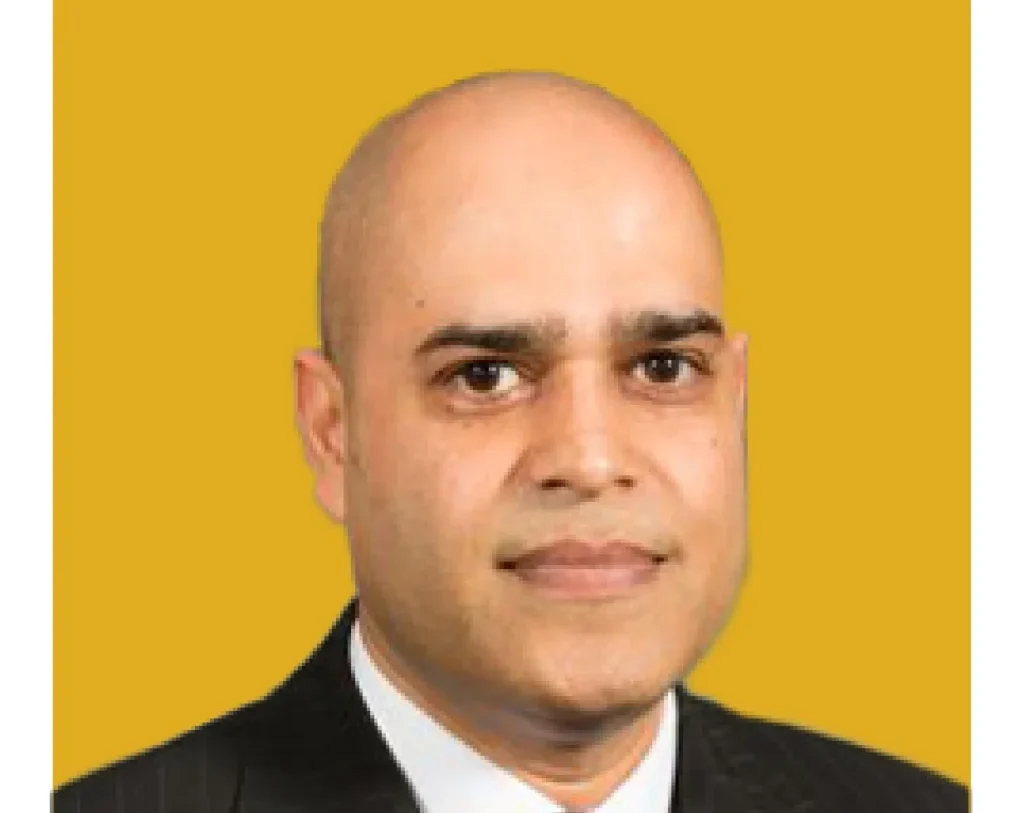Expert: Urgent New Safeguards Needed Across Cosmetic Surgery Sector To Protect Those Undergoing Procedures

A new national licensing system is urgently needed across the cosmetic surgery sector to stop the dangerous rise in “backstreet providers”, an expert has warned.
Dr Manish Sinha says reform is “long overdue” and that patient safety was being put at needless risk.
His comments come as more clinics, salons, and even living rooms across the UK, cosmetic injectables are becoming homes to more procedures than ever before.
From lip fillers to jawline contouring, demand continues to rise, driven by social media, accessibility, and the desire for fast, non-surgical results.
The UK’s aesthetics industry is estimated to be worth £3.6 billion by the end of 2025, a consistent year-on-year increase.
But beneath the surface of this booming sector, Dr Sinha fears there is a regulatory grey area and it has led to growing concern among medical professionals.
“We’ve reached a point where anyone can legally offer cosmetic injectables without proper training, without medical oversight, or clear accountability,” he says. “That’s not just worrying, it’s dangerous.”
Dr Sinha describes a system where patients assume they’re in safe hands, only to find out, often too late, that the person holding the syringe may have no medical qualifications at all.
“People come in thinking they’ve booked a professional cosmetic procedure. But in many cases, the injector has done a short course, or worse, no recognised training whatsoever,” he says.
He warns that this lack of training becomes all too real when things go wrong. “And when something goes wrong, there’s a clear lack of a system in place to step in and protect them.”
His concern is echoed by data. In 2022–23 alone, a government-approved register of accredited aesthetic practitioners received over 2,800 patient complaints, many tied to unsafe or poorly performed procedures.
This is why Dr Sinha welcomes new rules introduced by the government in June 2025, which now require face-to-face consultations before the prescription of non-surgical cosmetic medicines. “That was a necessary first step,” he notes. “Remote prescribing created a loophole that left patients incredibly vulnerable.”
Still, Dr Sinha believes this barely scratches the surface. “We need national licensing for aesthetic procedures, mandatory training, proper indemnity, and clear standards on consent and aftercare.”
And the data shows this isn’t a niche issue. According to a 2024 audit by the British Association of Aesthetic Plastic Surgeons (BAAPS), non-surgical cosmetic procedures, such as Botox, increased by 5%, and dermal fillers rose by 27%, indicating a rising demand but also widening exposure to unregulated risks.
The stakes, Dr Sinha warns, are high. “These are medical procedures. We’re injecting into people’s faces, near blood vessels, nerves, and vital structures. The risks are real. Infection, tissue death, and blindness are all realistic risks that need more attention than they’re getting now.”
He also calls for public awareness around non-surgical cosmetic procedures to catch up with reality.
“There’s more regulation for tattoo artists than for people injecting filler. That tells you everything.”
In the UK, tattooists are required to be licensed by local authorities, undergo regular hygiene checks, and register their premises, none of which are legally required of cosmetic filler practitioners at the national level.
The UK government is taking slow measures to rectify these gaps. The Department of Health and Social Care (DHSC), for instance, has proposed a new licensing scheme for non-surgical cosmetic procedures. The plan is currently under review, with no confirmed implementation date.
For patients considering Botox, dermal fillers, or any non-surgical cosmetic treatment, Dr Sinha concludes with a simple but firm reminder:
“Ask questions. Who’s doing the injecting? Are they medically trained? Are they insured? What happens if something goes wrong? Don’t be afraid to walk away. You only get one face. It’s worth protecting.”



